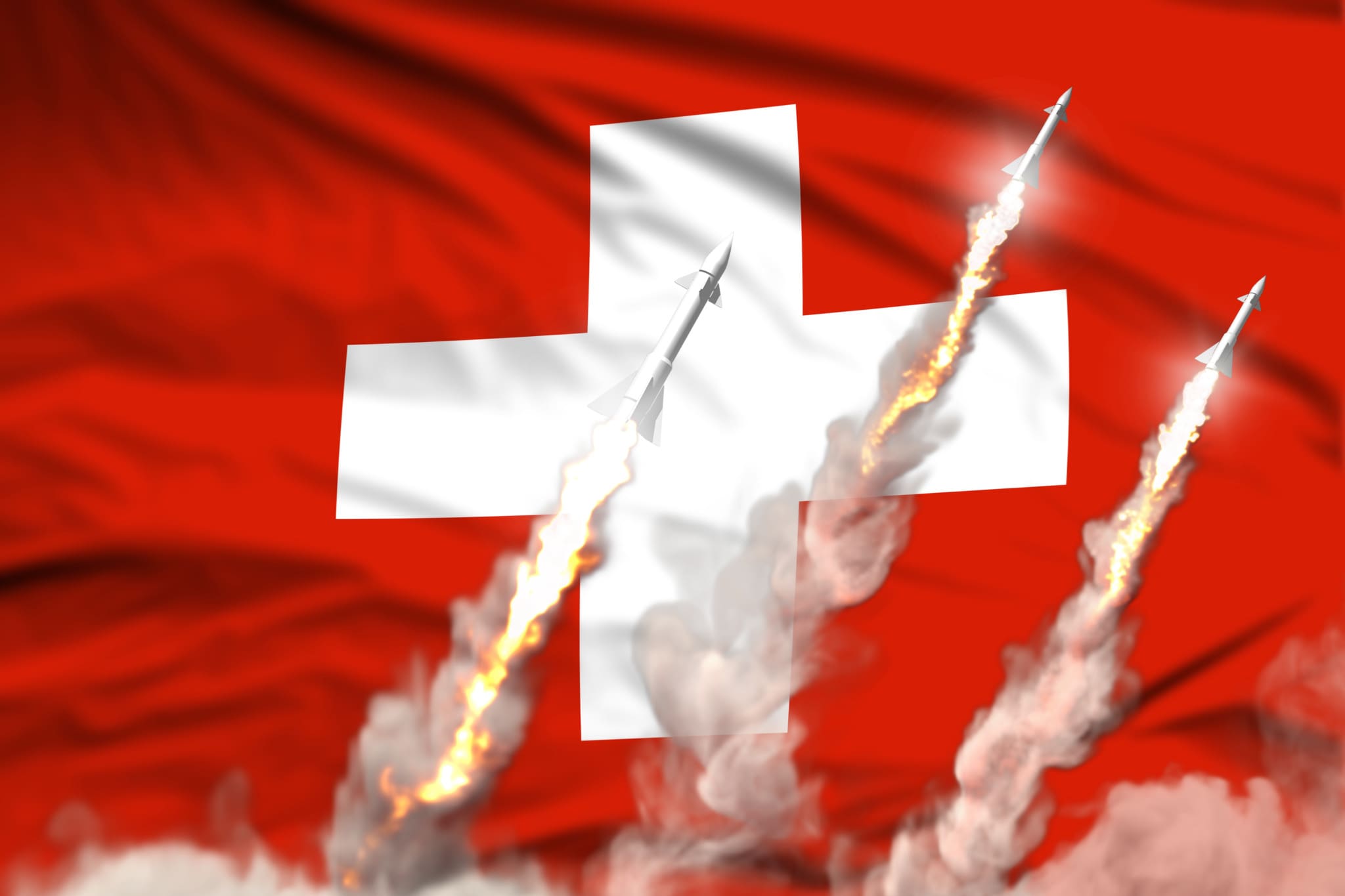Despite growing international pressure to send weapons to Ukraine, Switzerland is instead destroying decommissioned air-defense systems rather than hand them over to Kyiv. The alpine country argues that sending the weapons would violate its historical policy of neutrality, which has helped the country avoid war for centuries.
In addition to refusing to send weapons, Switzerland has now banned other countries from handing over Swiss-made weapons in the conflict.
[pp id=65241]
Switzerland had bought the Rapier surface-to-air missiles (SAMs) from Britain in the 1980s, and its military currently has 60 Rapier SAMs in operation, but the first batch of the SAMs have already been scrapped. For Switzerland’s purposes, the missiles have been deemed obsolete, which is why they are being decommissioned, but Ukraine had requested the weapons, as Kyiv believes they would still be useful against Russian aviation, including drones and missile attacks, according to Hungarian news outlet Mandiner, which quoted Swiss media.
Germany is one of many countries pushing Switzerland to send weapons, with Berlin specifically requesting Switzerland send Leopard tanks to “make up for the shortfalls caused by tank deliveries to Ukraine.” However, even then, Switzerland blocked the export of its own weapons and ammunition to Ukraine, claiming that military assistance would violate the state’s neutrality.
[pp id=65349]
Switzerland is not the only country practicing neutrality in the conflict. Neighboring Austria is also officially neutral and refuses to send weapons to Ukraine. Hungary is also refusing weapons.
In February, Hungarian Prime Minister Viktor Orbán delivered a State of the Nation speech where he referenced Switzerland while explaining Hungary’s stance in the war. While Hungary would have preferred to avoid NATO membership and take Switzerland’s stance, being so geographically close to Russia did not offer this luxury.
“Let us make it clear that NATO membership is vital for Hungary. We are too far to the east, on the eastern edge of the Western world to give it up. Of course, it would be easier were we further (to the West). Following the example of Austria and Switzerland, we could play with the idea of neutrality, but history has not given us that luxury. NATO is a defensive alliance, a military, defensive alliance, formed so that we can defend each other. That is why we joined, and why I felt the historic satisfaction of signing the accession treaty after 45 years of Soviet occupation,” he said.






